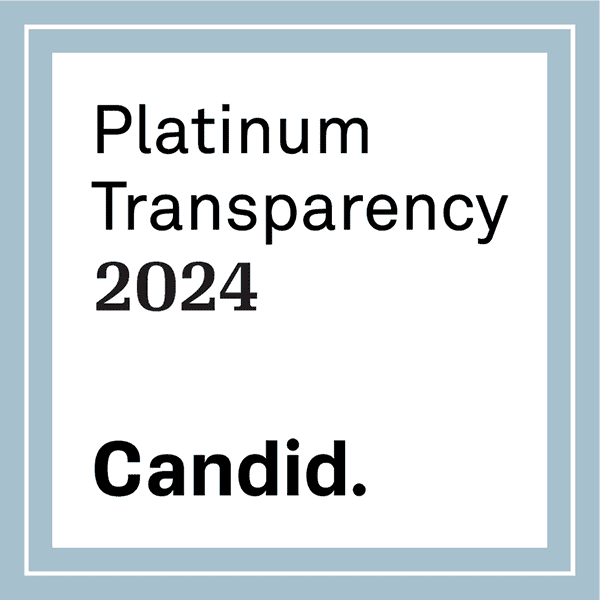If you have a child with PANS who has not been fully worked up for an immunodeficiency, this is an important step. Immunodeficiency is relatively uncommon in the general population but occurs at increased rates in children with PANS. A co-morbid immunodeficiency dramatically improves the chances of IVIG being covered by insurance, but it also changes the long-term treatment plan, so this should be considered before moving forward.
A very common cause of denial of IVIG by insurance is receipt of the prior authorization by the insurance carrier for the medical benefits but not the insurance carrier for the pharmacy benefits. Often times your medical benefits clinician will not alert you to this when they deny your prior authorization. Make sure your doctor’s office sends the prior authorization to both at the same time to prevent a delay in treatment. This point cannot be emphasized strongly enough. Many children have been denied coverage for IVIG by their medical benefits clinician without explanation that the pharmacy benefits clinician is responsible for approving or denying coverage.
If your prior authorization has been denied, ask your doctor to participate in a peer-to-peer review with the insurance company. Gather all medical records you think may be helpful to your doctor and send them to his/her office. Documentation of extensive infection history can be helpful in gaining insurance approval. While vaccine challenge can be helpful in gaining approval of IVIG in the case of immunodeficiency, there are anecdotal reports of insurance approval without vaccine challenge.
If you or your child’s other parent works for a large company and your insurance plan is self funded (meaning UHC, BCBS, Aetna and so on administer the plan but it is funded by your company) reach out to your human resources department and explain your child’s medical situation. Many families have had a denial overturned simply by reaching out to their human resources department.





